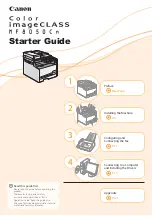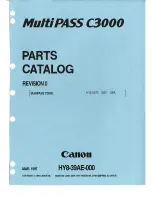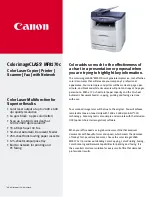
Glossary
©
National Instruments Corporation
G-3
F
field
For an interlaced video signal, a field is half the number of horizontal
lines needed to represent a frame of video. The first field of a frame
contains all the odd-numbered lines, the second field contains all of
the even-numbered lines.
FIFO
First-in first-out memory buffer. The first data stored is the first data sent
to the acceptor; FIFOs are used on devices to temporarily store incoming
data until that data can be retrieved.
frame
A complete image. In interlaced formats, a frame is composed of two fields.
H
HSI
Color encoding scheme using Hue, Saturation, and Intensity information,
where each pixel in the image is encoded using 8 bits for hue, 8 bits for
saturation, and 8 bits for intensity.
HSL
Color encoding scheme using Hue, Saturation, and Luma information
where each pixel in the image is encoded using 32 bits: 8 bits for hue, 8 bits
for saturation, 8 bits for luma, and 8 unused bits.
hue
Represents the dominant color of a pixel. The hue function is a continuous
function that covers all the possible colors generated using the R, G, and
B primaries.
See also
.
I
I/O
Input/output. The transfer of data to/from a computer system involving
communications channels, operator interface devices, and/or data
acquisition and control interfaces.
instrument driver
A set of high-level software functions, such as NI-IMAQ, that control
specific plug-in computer boards. Instrument drivers are available in
several forms, ranging from a function callable from a programming
language to a virtual instrument (VI) in LabVIEW.
intensity
The sum of the red, green, and blue primaries divided by three:
(red + green + blue)/3.







































